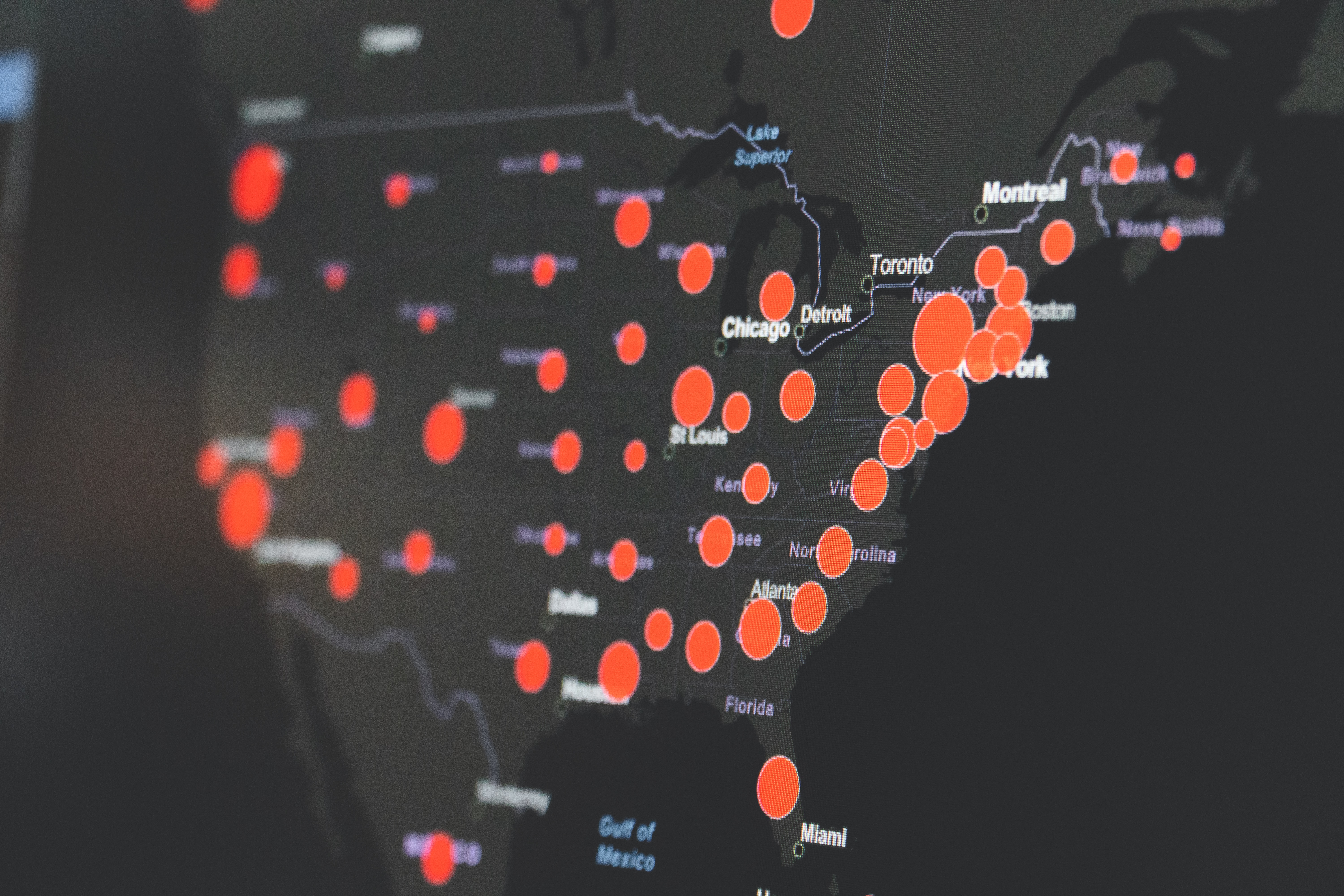Your Rights and Protections Under the CARES Act
In response to the spread of the COVID-19 coronavirus, the federal Government passed the Coronavirus Aid, Relief, and. Economic Security CARES) Act in March 2020. The bill provided sweeping protections for the unemployed and underemployed. There are two provisions: Unemployment Insurance (via Department of Labor) and Credit (Internal Revenue Service).
Unemployment Insurance
Access to benefits is set at 39 weeks. Eligible term for applying COVID-19 impacted unemployment starting January 27, 2020. Appropriations will flow from USDOL to state Job Centers. States will apply their own formula to determine maximum benefit per qualifying individual.
Qualifying Individuals
- filer or member of family diagnosed with COVID
- filer is caring for family with COVID-19 diagnosis
- filer is primary caregiver must remain home due to school or other facility closed due to COVID-19
- filer is unable to reach employment due to quarantine, told to self-quarantine by healthcare professional
- filer is scheduled to start work but cannot begin due to COVID-19
- filer is now head of household as result of sudden death of breadwinner
- filer has to quit due indirect result to COVID-19, o filer’s employer closes as a result of COVID-19
- Any other criteria established by Labor Secretary
- Filer is self-employed, or is seeking PTE, or does not have sufficient work history of any other category that would otherwise exclude them from UI.
- Those who have exhausted their UI benefits are eligible
Non-qualifying individuals
- Non-resident alien individual
- Anyone able to telework
- Anyone on paid sick leave or other paid leave benefits Internal to the Urban League Movement.
- Federal Pandemic Unemployment Assistance is available to qualified individuals and after state UI is issued. Assistance entitles filer to added $600 per week. Will accompany state UI in single weekly payment.
- Medicaid & CHIP: States may not use these benefits in determining income.
- The week waiting period is lifted.
Rebates & Credits.
- Based tax filing (2018/2019). If not filed, they based on SSA benefit assessment. Must complete SSA-1099 or RRB-1099
- Credit allowance for $1200/individual ($2400/joint filers) earning up to $75,000 (single filer) or $112,500 for head of household. 5% adjusted reduction based on AGI for income $75,001 but not exceed $99,999. After which, no credit will be issued.
- Child Credit per qualifying child in the amount of $500 per qualifying child. Qualifying child should be reflected in filed tax return. Child cannot be claimed by another household (via tax return).
Interested in learning more about our work? Check out our campaign the Urban League Fights for You.


